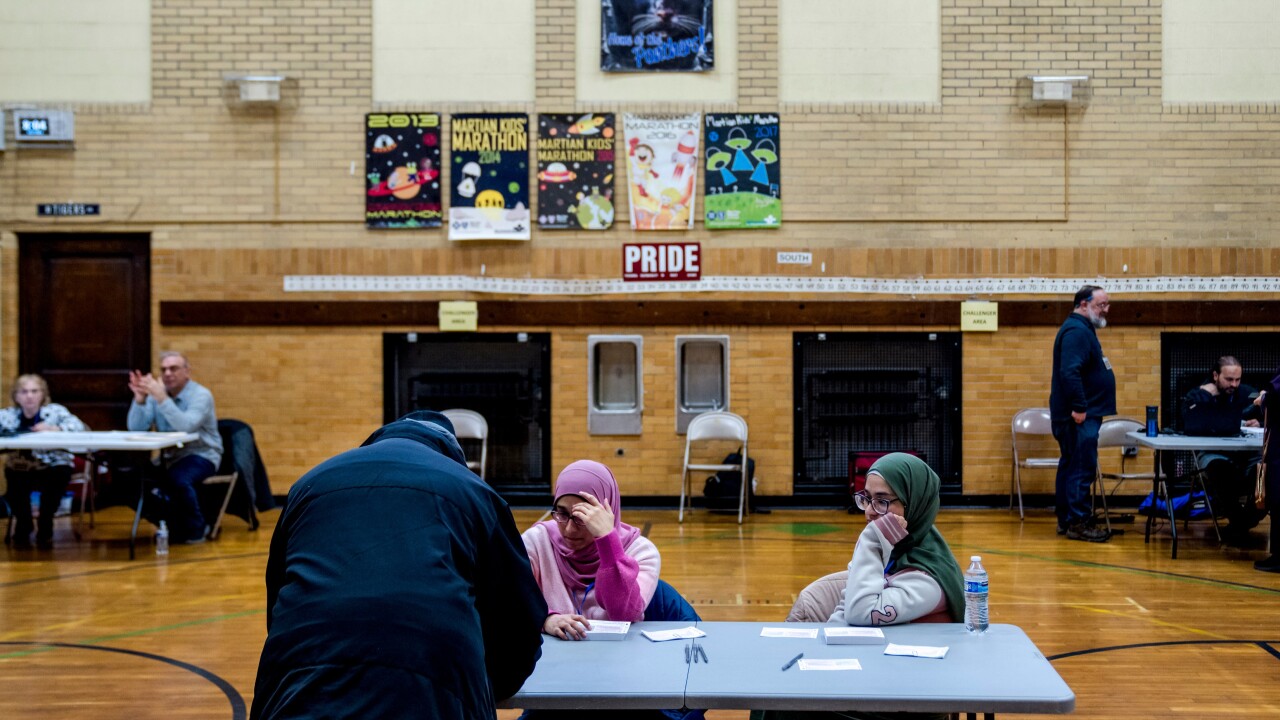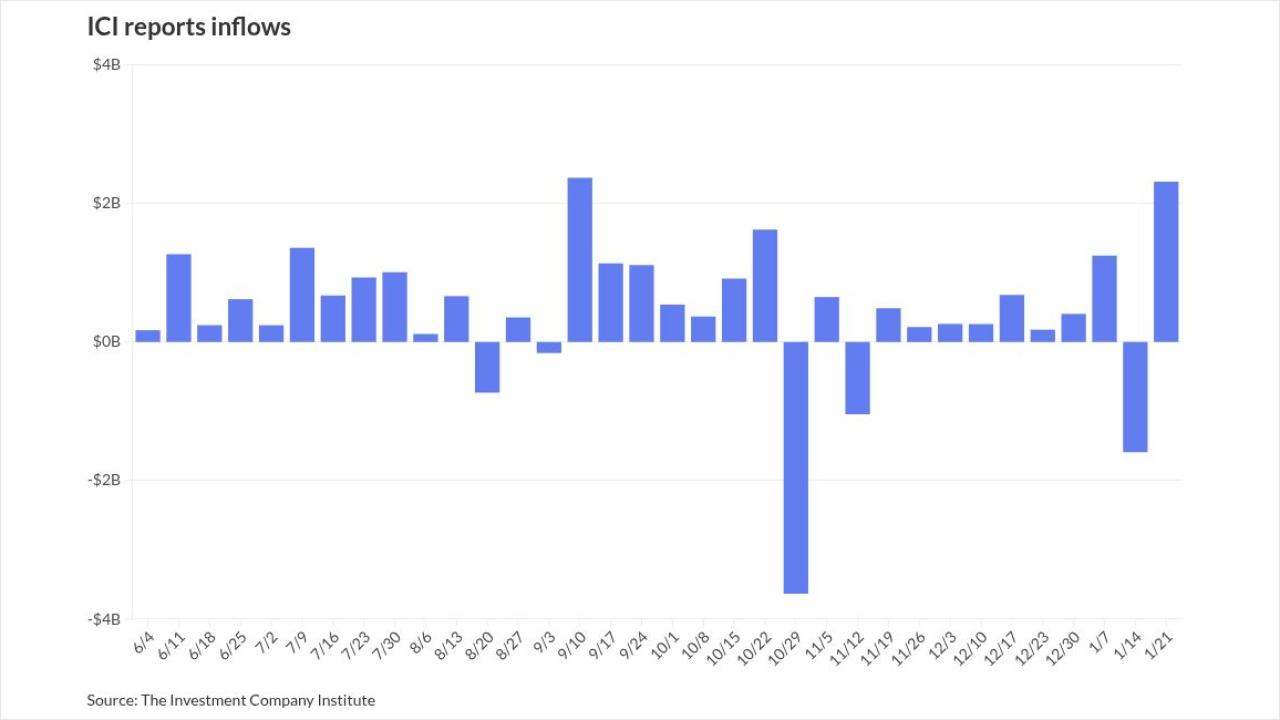
As the new developer of the stalled Xanadu retail and amusement mall project at the Meadowlands explores public financing options such as bond sales and tax breaks — possibly for as much as $1 billion — skeptics question whether a concept that worked in the hinterlands will succeed in New Jersey.
"It's a market they've never played in," former acting Gov. Richard Codey, still a state senator, said of the Triple Five Group of Companies, owner of marquee shopping malls in Edmonton, Alberta, Canada, and Bloomington, Minn.
Triple Five's West Edmonton Mall and Mall of America in Minnesota are North America's largest enclosed malls, and the developer wants to use the same template — mixing amusement park-style entertainment with shopping — at Xanadu, which Triple Five renamed American Dream at Meadowlands.
To do so, the firm is pursuing public financing through tax-free bonds linked to future revenues at the complex. Gov. Chris Christie in May selected Edmonton-based Triple Five and committed roughly $200 million in state financing for an undetermined equity stake.
For now, the development, with its stripes-and-plaids, hodge-podge patterned exterior, sits unfinished like a Technicolor white elephant along the New Jersey Turnpike next to the new Meadowlands football stadium, now MetLife Stadium. Many New Jerseyans consider it an eyesore and an embarrassment. Christie, speaking at a town hall meeting in Nutley in the spring, called it "the ugliest damn building in New Jersey and maybe America. … I can't take it anymore."
The company says it intends to spend $1.9 billion to complete the project, matching what two unsuccessful previous developers have already spent, combined.
"The key is public financing. Over the next couple of months we'll drill down the numbers and see what kinds of bonds will support the project," Kurt Hagen, a Triple Five senior vice president, said in a telephone interview. "There are so many rules we have to go over — what qualifies and what doesn't."
Though Hagen said "the numbers are a little premature," published reports have said the financing plan features three components: up to $300 million of bonds through conduit issuers such as East Rutherford (home to the development), the Bergen County Improvement Authority, or the New Jersey Meadowlands Commission; up to $300 million of bonds linked to annual parking revenues; and up to $500 million in tax breaks after the project opens.
Hagen said he has spoken with East Rutherford Mayor James Cassella.
"We just discussed who we are and what we want the project to be," Hagen said.
Neither Cassella nor Bergen County Improvement Authority officials returned calls for comment.
The retail component of the project is 85% complete, with the entertainment part still to be added, according to Hagen.
Triple Five, owned by Canada's Ghermezian brothers, plans to expand the site from 2.2 million square feet to 3 million square feet — surpassing the Mall of America's 2.8 million — and include a water park and ski slope, both indoors, plus other amenities such as miniature golf that are hallmarks of its flagship malls.
Because the various revenue streams from the project would be the only means of repayment, bondholders could be on the hook.
"If I were Bergen County, I'd be very careful," said Codey, a Democrat who lives in Roseland. "But listen, we've got a piece of real estate and we can make something out of nothing and put a few people to work."
Hagen acknowledged that the parking-revenue component may raise red flags because of the parking-garage bond fiasco at the new Yankee Stadium, which opened in 2009. There, revenue at the system of garages and lots run by borrower Bronx Parking Development Co. has underperformed, and the unrated bonds face possible technical default.
"It's an apples-and-oranges comparison with Yankee Stadium because of how this project will work, but there will be an added level of scrutiny because of what happened there," Hagen said.
Just how much revenue the parking garage would generate remains to be seen. Shoppers are accustomed to parking for free at malls, though American Dream's proximity to New Jersey Transit stations begs the question of a paid park-and-ride setup for commuters.
Xanadu has been problematic ever since the board of the New Jersey Sports and Exposition Authority, a state agency and the Meadowlands' landlord, gave it the go-ahead in 2003.
In 2006, Colony Capital replaced the liquidated Mills Corp. as lead developer after Simon Property Group absorbed Mills and spun out Xanadu.
Then Colony encountered financing problems during the recession, leaving the mall unfinished.
Previous developers' struggles don't faze Hagen, nor does a bad economy, a difficult lending environment, or mall density in the Garden State, especially in retail-rich Bergen County.
Triple Five envisions an opening in October 2013, about four months before MetLife Stadium will host Super Bowl XLVIII.
"I don't think [retail competition is] a big problem. You've got great demographics in New Jersey — 100 million cars a year drive by the site," Hagen said.
"We'll have more competition," he added. "There are lots of malls, successful malls. People can go to the Garden State Plaza [in Paramus] or one of the other malls. Our model is based on enticing people to our entertainment offerings."
Rich Hauer, a managing director at BDO Consulting, acknowledged Triple Five's accomplishments, but said the developer could encounter a high degree of difficulty in New Jersey.
"They have experienced people, experienced attorneys, experienced financial advisors. Whatever state and tax matters, they'll figure it out," said Hauer, a commercial property workout professional and a New Jersey native.
"But in the wider view, this is a bigger marketplace," he added. "With the Mall of America, you were developing at a time when there is a need for additional retail and in an area — and this is with no disrespect —where there is less to do."
"Now you're taking it to New Jersey," he said. "We're one of the busiest tourist areas in the world, with Manhattan nearby. These tourists have all kinds of shopping decisions left and right. They have every possible shopping option."
And Hauer has another worry.
"What I fear, quite frankly, is that they run this project through so that it opens in time for the Super Bowl," he said. "Taking the Super Bowl itself as an example, a larger percentage of the people, especially those affluent, will do everything in New York, probably until game day. They'll shop in New York, with no reason to go to New Jersey except for the game."
"What I don't want to see is an 'Olympic city effect,' where they build it all for the Super Bowl and when the game is over, they have to depend on the day-to-day New York and New Jersey tourists," he said.
Codey said Bergen County's restrictive blue laws could also pose a revenue problem. The Sunday ban on most business activity, unless lifted by county legislation, would keep the malls closed to football fans on a day when the National Football League's Giants and Jets play most of their home games.
"The mall can't open on game day," Codey said.
The West Edmonton Mall, with 3.8 million square feet, opened in 1981. It was the world's largest shopping mall until centers built the past few years in China, the Philippines, and the United Arab Emirates eclipsed it.
The Mall of America opened in 1992 on the site of Metropolitan Stadium, the former home to baseball's Minnesota Twins. It sits less than two miles from Minneapolis-St. Paul International Airport.
Triple Five encountered early headwinds in Minnesota, where competing retailers and other groups opposed the use of state tax incentives. The company brought in Simon Property Group's predecessor company to obtain construction financing and jump-start the project, then reacquired the mall from Simon after winning a dispute in federal court.
"In a lot of regards, the Mall of America and West Edmonton were more difficult on the front end. Many people were skeptical," Hagen said. "You should have seen the newspapers in Minnesota. They said with only five million people in the state, how could we get 40 million people into Bloomington annually?"
"They thought we were crazy in Edmonton, too," he said. "Now we're a little less crazy."





